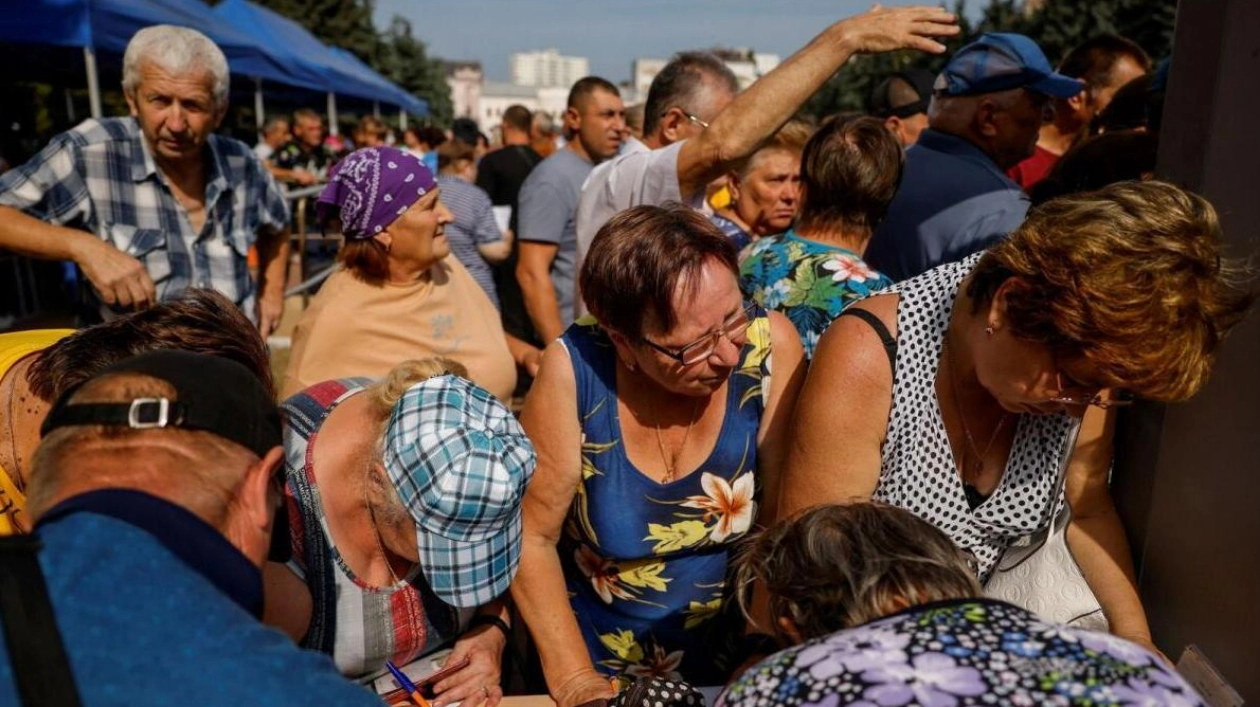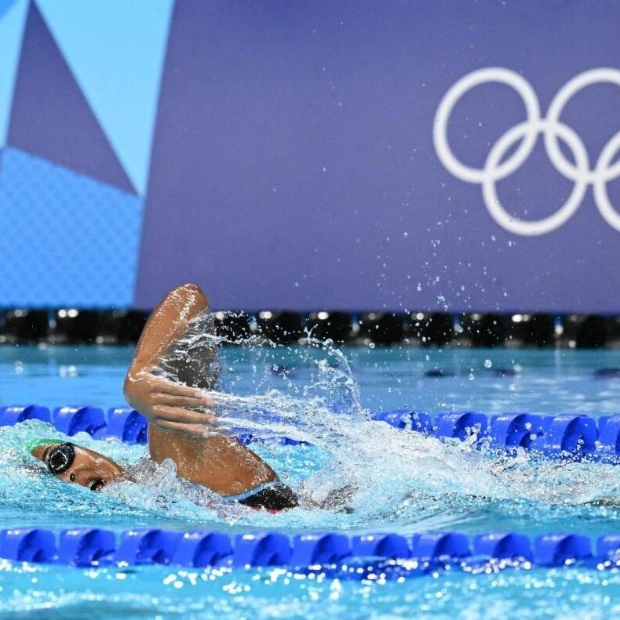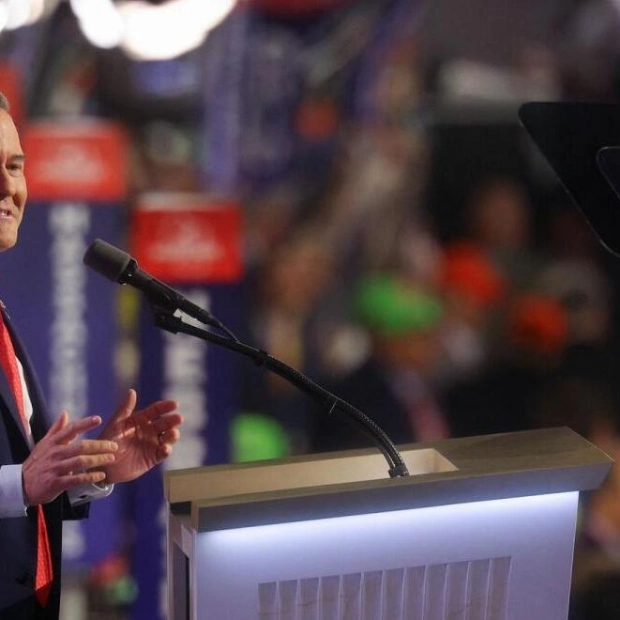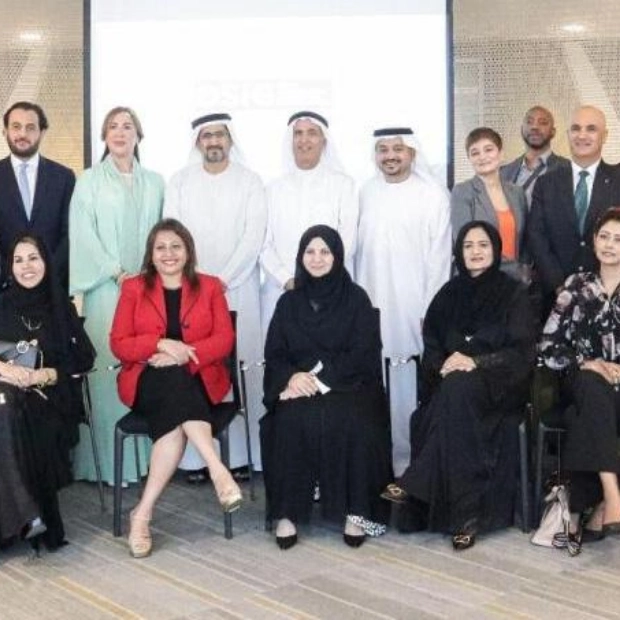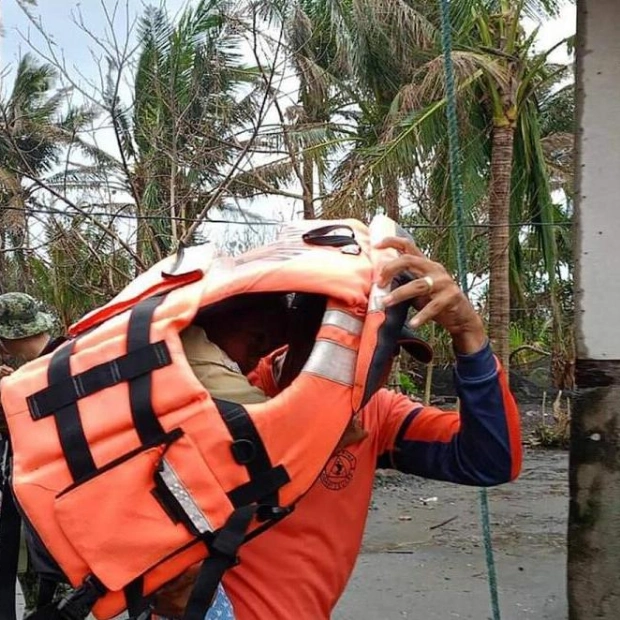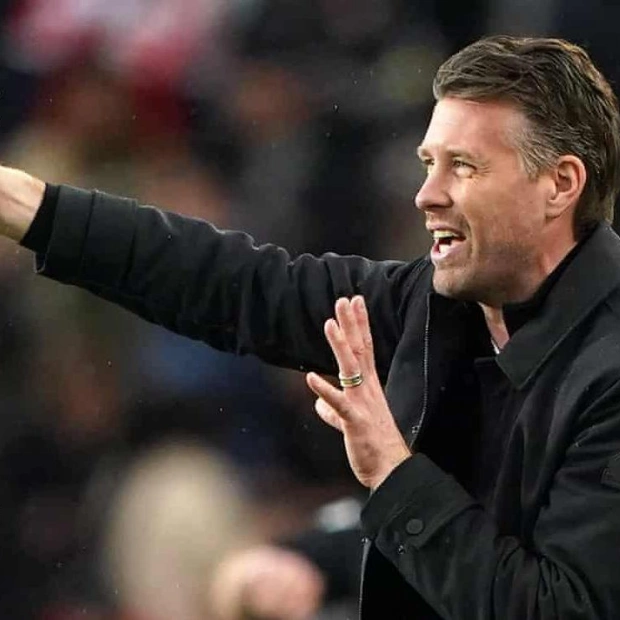The 'several thousand' Russian civilians still residing in areas controlled by Ukrainian forces are predominantly elderly and largely isolated from the outside world, lacking electricity and phone networks, according to Ukrainian soldiers. Ukrainian troops deployed as part of Kyiv's surprise offensive into Russia's western Kursk region described a 'coexistence' with the locals, despite initial distrust from residents influenced by Russian state media portraying Ukrainians as 'monsters'. This incursion, occurring two-and-a-half years after Moscow's invasion of Ukraine, marks the first time a foreign army has entered Russia since the end of World War II. Ukraine claims control over approximately 100 border settlements covering an area of around 1,000 square kilometers—a significant blow to President Vladimir Putin.
Information from the region is scarce due to restricted access. Russian authorities reported that tens of thousands of civilians fled at the onset of the incursion, but the number remaining has not been disclosed. Oleksiy Dmytrashkivsky, spokesperson for Ukraine's military administration in the Kursk region, stated that 'several thousand' Russian civilians remain. The soldiers noted that living conditions are arduous, with civilians relying on their own resources, vegetable gardens, or the food, water, and medicine provided by the Ukrainian military. Shops and pharmacies are non-functional, and electricity and mobile networks have been cut off. Russian forces, which launched a counter-offensive in September, are continuously bombarding the area, resulting in at least 23 civilian deaths since the end of August, according to Dmytrashkivsky.
AFP could not independently verify the claims made by the Ukrainian soldiers or determine the number of civilian casualties from Ukraine's shelling. The soldiers reported no resistance from the local population. 'Some of them even greet us in our own language!' said one soldier, Andriy. In this border region, many speak a blend of Russian and Ukrainian. Andriy speculated that the friendliness might stem from the aid they provide, but also acknowledged it could be due to their armed presence. Dmytrashkivsky revealed that Russian civilians were initially 'terrified' and 'hid' upon seeing Ukrainian soldiers due to Russian state media narratives. Now, 'local residents are not afraid of the Ukrainian army,' said another soldier, Sergiy, who noted that residents approach military vehicles inquiring about humanitarian aid distribution. However, Sergiy limits his interactions, fearing that anything he says could be relayed to the Russian military. 'A polite and discreet coexistence is enough,' he stated.
The Ukrainian army declined to comment on reports of suspected looting by some of its soldiers when contacted by AFP. Kyiv has extended an invitation to the United Nations and the International Committee of the Red Cross to visit the area, an offer the Kremlin denounced as a 'pure provocation'. Russia has generally downplayed the incursion. 'The situation in the areas controlled by Ukrainian forces is, of course, a crisis situation and it will be rectified in good time,' Kremlin spokesman Dmitry Peskov said on September 20. Russian foreign ministry spokeswoman Maria Zakharova accused Ukraine of establishing 'concentration camps' in the region, a claim Peskov said was unsubstantiated. Residents who fled to other parts of Russia described extensive destruction and inability to contact their relatives. 'We cannot go there now, nobody can go back,' said Elena, who fled the town of Sudzha and declined to give her surname. 'Many elderly people stayed and we cannot contact them to know what is happening to our livestock and our homes,' she added.
Dmytrashkivsky admitted he initially wanted to be 'rude' with Russian civilians due to the suffering inflicted by Moscow's troops on Ukraine. Now, he said, 'I just feel sorry for these people' who 'have been brainwashed'. 'They're peaceful people who aren't prone to conflict,' said Sergiy, noting that the locals 'don't provoke any aggression from us,' having 'found themselves in this ambiguous situation' through no fault of their own. Dmytrashkivsky plans to launch a counter-propaganda campaign 'for educational purposes' to expose Russian civilians to the alleged atrocities committed by the Russian army in Ukraine. Using his laptop, he visits houses to show a war news bulletin, produced in Russian, and a documentary about Bucha, where the Russian army is accused of massacring hundreds of civilians in spring 2022. He also intends to start a small newspaper distributed to local residents, called the 'Wind of Kursk'.
